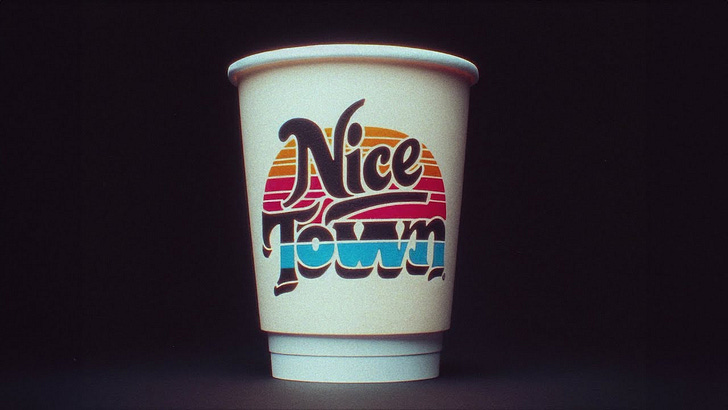A federal judge in the US recently ruled that Google acted illegally to maintain a monopoly in online search. The decision is a pivotal ruling that challenges the dominance of tech giants in the current digital age, and has the potential to transform their business practices. It could be that we’ve simply taken for granted that the norms of these companies - how they ‘work’ - is inevitable, even magical.
But that doesn’t have to be the case. For instance, Apple’s infamous 30% app store commission has been challenged by the EU’s recent implementation of the Digital Markets Act (DMA). The DMA requires major companies with substantial market power, such as Apple, to make their platforms more open to competition. For all apps that are still distributed through Apple’s App store, Apple plans to reduce this standard commission from 30% to 17%, a win for developers in the EU. Companies like Spotify and Epic Games, which have criticised Apple’s fees and restrictions, are pushing for similar changes in other markets.
This 30% commission has become almost a standard feature of the platform ecosystem. The App Store’s near-standard 30 percent cut is echoed by Google Play, the Galaxy Store, and Amazon’s App Store, while Amazon-owned Twitch takes a 50 percent cut of subscription fees and a cut of advertising. But what if it’s actually more of a bug? As policy support for sector-specific price controls grows, regulators should consider capping these kinds of digital tolls below 30%.
In Canada, we’ve actually done this before - but tentatively. During the pandemic when indoor dining was banned, the province of Ontario experimented with a time and place-bound policy intervention that capped the percentage fee that food delivery apps take in order to bring it down from 30 percent and protect small businesses. This is an example of a novel policy experimentation that should be revisited.
Research has shown that these fee margins do not decline after the entrance of a competitor, which defies traditional economic logic. Firms like Uber, Lift, Deliveroo, Skip the Dishes, the Apple and Google App stores often charge a 30 percent commission as middlemen between consumers and suppliers, without clear economic rationale. Research by the American Economic Liberties Project’s MoeTkacik documented that delivery apps have so few competitors that their small market can create de-facto collusion. As a result, the thirty percent commission that delivery apps charge has become a persistent norm, instead of a fee that is reduced by the introduction of a new entrant. The relationship is the exact opposite of what traditional economic theory would predict.
A recent report from the Institute for Local Self-Reliance (ILSR) shows that Amazon now takes 45 percent of all third-party sales on its website, controlling a “monopoly tollbooth” with a range of fees imposed on sellers. These fees now make up a significant portion of Amazon’s revenue, and ILSR estimated it would earn roughly $185 billion from seller fees in 2023. To put it in context, this is more than double what Amazon Web Services (AWS) earned in revenue in 2023 – $91 billion globally. These taxes are passed onto consumers in the form of higher prices, and they cut into the profits of sellers. Considering a cap (price-controlling) these digital fees would be a market intervention that addresses this expensive digital reality of platform-based competition.
In recognition of the insanity of fees to access markets and the ability of firms with market power to increase these with impunity, Canada’s recent voluntary Grocery Code of Conduct hopes to curb arbitrary increases to the litany of tolls that suppliers pay grocers. But the code does not offer a structural policy solution. This structural issue would benefit from more direct regulation on the issue of how reasonable the fees are in the first place.
Platform fees are the price of participation for other businesses in the digital economy. Online platforms have shifted the world we live and work in, and these platforms treat themselves to a significant cut for the privilege. Decision-makers could challenge the 30 percent commission’s pervasiveness by reframing it as what it actually is: a business-to-business junk fee. This would be good policy for consumers, developers, and businesses and individuals that rely on this digital infrastructure to sell their goods. Canada is already taking a stand against junk fees in the banking, telecommunications and airline sectors and has expanded this work through the Office of Consumer Affairs. A natural next step is to consider how and whether these fees - structured as a commission - manifest online and cap them to correct for the market failure that has allowed that 30% fee to become so sticky. Maybe these fees are monopolist, after all.









Love this, and also the focus on actual policy realities in Canada. As someone who is over-exposed to US-focused commentary, it’s so helpful to have these reminders to help fight that inescapable impulse to assume that whatever happens south of the border must also be happening to us.
This is a phenomenal newsletter! And I have enjoyed every episode of Lately! Superb!